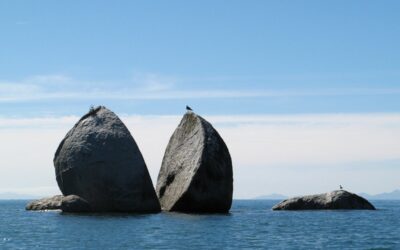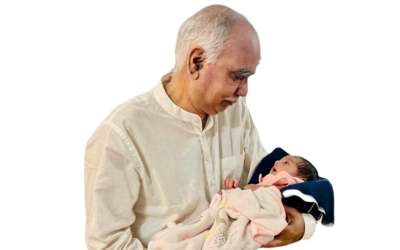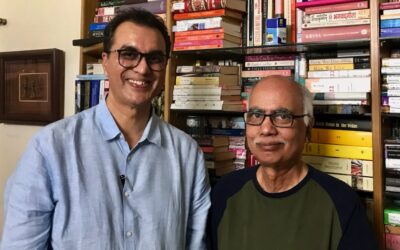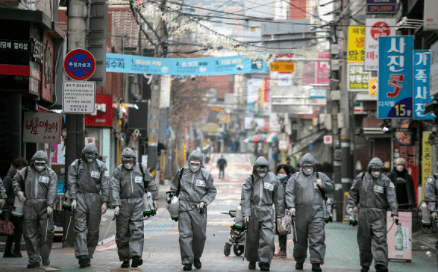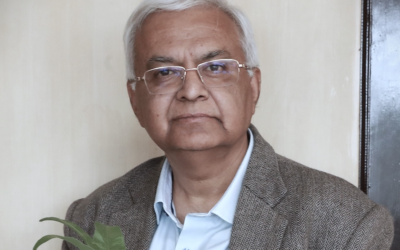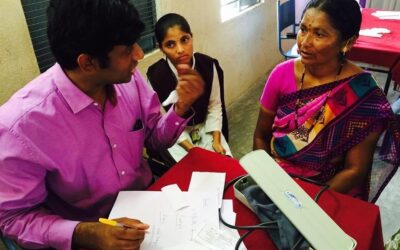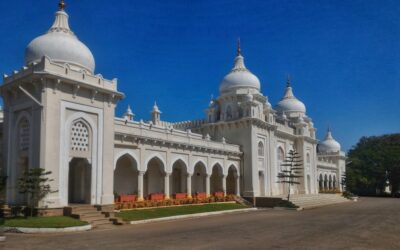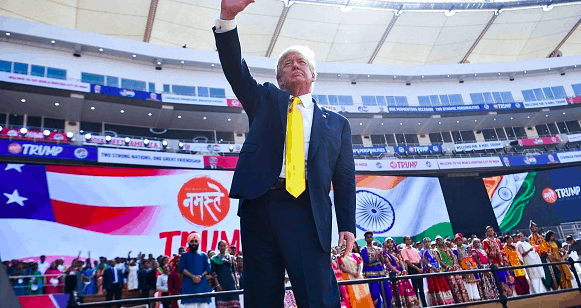As the first Noble Truth, Buddha declared that life is suffering. According to the legend, Prince Gautama Siddhartha was restricted to his palace by his father, who worried that he might become an ascetic due to a prophecy made at the time of his birth…
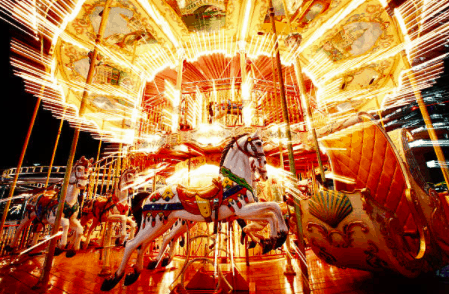
Say no to the dream merchants and face reality instead
Say no to the dream merchants and face reality instead
When I look back at my life, I can see a shift in collective consciousness. When I was a teenager, getting educated and earning a salary was the goal given to me like most of the other youngsters of my age. Then I saw competition building up and with it, social acrimony on getting jobs. Our politicians played to the hilt on the sentiments of the educated youth, divided society and ruined the economy in the process. In 1991, the old system crumbled. The new ‘open economy’ brought in prosperity but also scaled up corruption and scams.
Education was commercialized and professionals started working for money, diluting their standards and forgetting their principles. With everything on sale, including status, privileges and even honours, those who did not have money, walked into the snares of easy loans, propelled by their desires. Credit cards flooded the markets and purchases on EMIs become the order of the day. Television became a 24×7 desire shop breeding a ‘fair and lovely’ culture. People started living beyond their means and consumerism flooded the veins of our society. Addictions turned into fashions.
With the coronavirus pandemic, the ‘merry-go-round’ came to a screeching halt. For a while, one couldn’t buy anything. Starting with the closing of malls, cinemas and restaurants, even home delivery of food, and online shopping were stopped. There was no alcohol and no cigarettes for a while during the lockdown. After the lockdown, fortunate will be those who shall have their jobs and salaries intact. But these will be only a few. For the majority of the people, default on their loans is staring upon them. The nightmare will not end even after the morning arrives. There is fear everywhere, crawling behind us, wherever we go.
While the government will find ways to help the poor and also help businesses remain afloat, no one is going to come forward to help the millions of people who will not be able to repay their loans. Many businesses will not restart. Money lost in the stock market will not be recovered in the foreseeable future. What will the migrants who returned home after the great ordeal do there now? As a society, how do we face this reality? Ponder upon four suggestions.
First, start saying ‘No’. Don’t cave into whatever happens. Resist, if fighting back is not possible. Let your tormentors figure out what all they can do without you. Trust your version of reality – what you see and feel by yourself – and not what is being told to you. Your resistance will protect you from your anger against this falsehood and will make you resilient. Had not Gandhiji demonstrated the power of civil disobedience (सविनय अवज्ञा) to startling affect?
Recognize that there will never be accountability from those who are in powerful positions – your leaders, your bosses, your lenders, even your dominating family members and relatives. Some people will never be able to see your point of view or own accountability of their actions. Take the unfairness of this world in your stride. Do not feel like a victim and cry in helplessness. Endure the pain and you will emerge stronger.
Grow out of your childhood wish habits. Stop getting upset when logic and reason do not prevail. Mostly in the short term, they do not. Stop believing that the other person will change. Your health, peace of mind and safety are the only things that matters. The rest is all nonsense. Anything that is harmful to you is bad, anybody who agitates you is wrong, and whoever puts you at risk is a criminal. Period!
And finally, and most importantly, develop healthy detachment. Consider yourself as an immortal soul and this world as a sojourn. You are passing through what is going on around you as a traveler. This planet is not your permanent address. Even the people in your family and your colleagues are like co-passengers. They are sitting by your side only till their destination arrives, and not for a moment longer.
All said and done, the world we live in not fair. The biggest problem of the modern world is income inequality and no individual effort can perhaps change this. The income of top executives are not ten times, but hundred and thousand times the income of bench level people. When security staff, valet parking assistants, and the staff in malls and hotels see you splurging money, and serve you with fake smiles, they are actually cursing the inequal world. How to survive this and not succumb to is the issue.
The timeless teaching of the Shrimad Bhagavad Gita that the mind is superior to the senses; intelligence is still higher than the mind; and the soul is even higher than the intelligence – इन्द्रियेभ्य: परं मन:, मनसस्तु परा बुद्धिर्यो बुद्धे: परतस्तु स: – can be ignored only to our own destruction. People of fickle minds, who are slaves to their senses, and deaf to their inner voices are doomed to perish at the end of their lives. Spend a few minutes every day to listen to your soul and discipline your mind and senses. You will realize that most of your desires are bogus and your dreams are delusions. Your money can send your child to a great school, but what if he lands up in some BoisLockerRoom?
The personal lives of neo-billionaires, the plight of neglected children growing up in nuclear families, and the loneliness of old people in ‘rich and modern’ societies should not become your reality, or that of your own family members. Your health – a good digestive system and sound sleep, life without loans, and harmony in the family are not small achievements. If you possess them, what more do you need? And if you don’t, of what value is all that you have achieved?
MORE FROM THE BLOG
Recognizing Reality
Unto this last
Books are precious in the sense that they capture the authors’ thoughts and retain them even after their lives, and in changed times. Those books that remain popular even after decades are called classics…
Aspects of Wealth
Much before Adam Smith wrote The Wealth of Nations in 1976 and Karl Marx wrote Das Capital, Kautilya – also identified as Vishnugupta and Chanakya – wrote अर्थशास्त्र, Science of Wealth, in around 300 BCE. Ancient India was a land of plenty…

